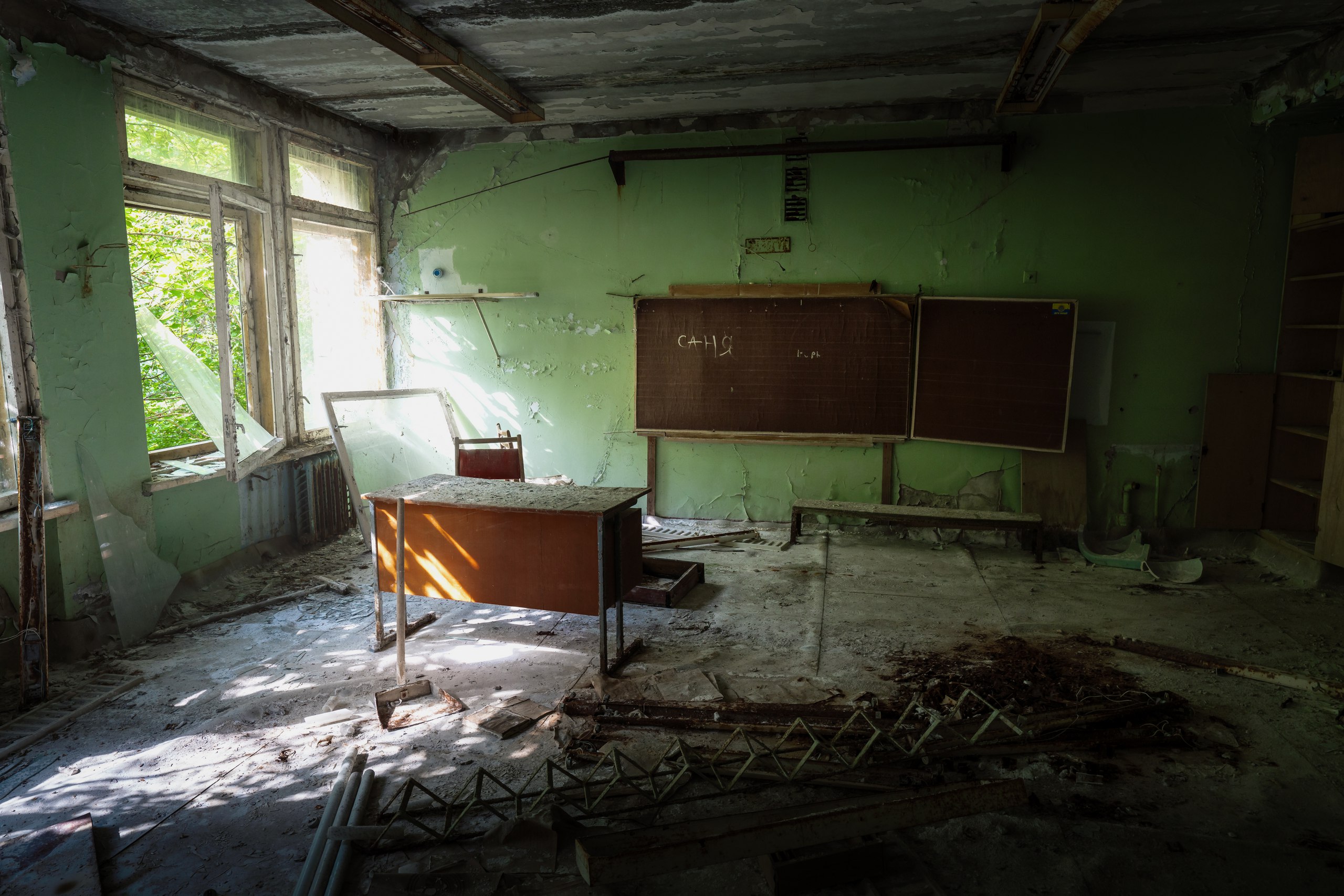The Education System: Lukashenka’s Litmus Test – Resovietization, Self-Isolation, and Deprivatization
 The situation got worse
The situation got worse

The educational system remains highly sensitive to the worldview of the regime’s leader, who seeks to maintain state monopoly over the education of children and teenagers. This entails the eradication of private educational institutions, self-isolation, and restrictions on population mobility.
From 2020 to 2022, Lukashenka’s regime forced a significant portion of the protest movement’s active members abroad. Open borders initially facilitated this, leading to mass emigration of activists and significantly weakening the protest movement. Subsequently, security forces conducted a massive cleanup and depoliticized society. Continuing repressions have confronted the state with growing personnel shortages and depopulation. Consequently, gradually closing borders and restricting mobility logically follows for the regime.
The ruling class views the education system as a crucial area for fostering loyalty to leadership and thus maintaining a monopoly on power.
Massive purges in higher education have eliminated potentially disloyal personnel. Until 2020, the educational sector was notably loyal, especially at the primary and preschool levels. For example, the regime’s electoral vertical has largely consisted of educational institution employees throughout Lukashenka’s tenure.
As a result of the authoritarian response, the regime has intensified support for the public sector and discrimination against private enterprises, including in the educational sphere.
In Minsk, all private kindergartens have been closed, officially due to failure to obtain licenses. In 2022, Lukashenka ordered the licensing of the educational system and a purge within it.
The reduction in the number of graduates and university applicants pressures the educational hierarchy to tighten control over private higher education institutions. The University of Law and Social Technologies has been closed. Additional obstacles are introduced for graduates seeking to continue their education abroad, with informal pressures at the school level.
Lukashenka’s government consistently introduces mobility restrictions for various population groups. Western sanctions, which also negatively impact the mobility of Belarusians, align with the regime’s self-isolation policy.
Thus, Lukashenka continues to discriminate against the private sector in favor of expanding state control not only in education but also in other areas of society.
Subscribe to our newsletter




Situation in Belarus
Constitutional referendum: main consequences


 Video
Video
How to count the political prisoners: are the new criteria needed?


 Video
Video
Paternalism In Decline, Belarusian Euroscepticism, And The Influence Of Russia


 Video
Video












